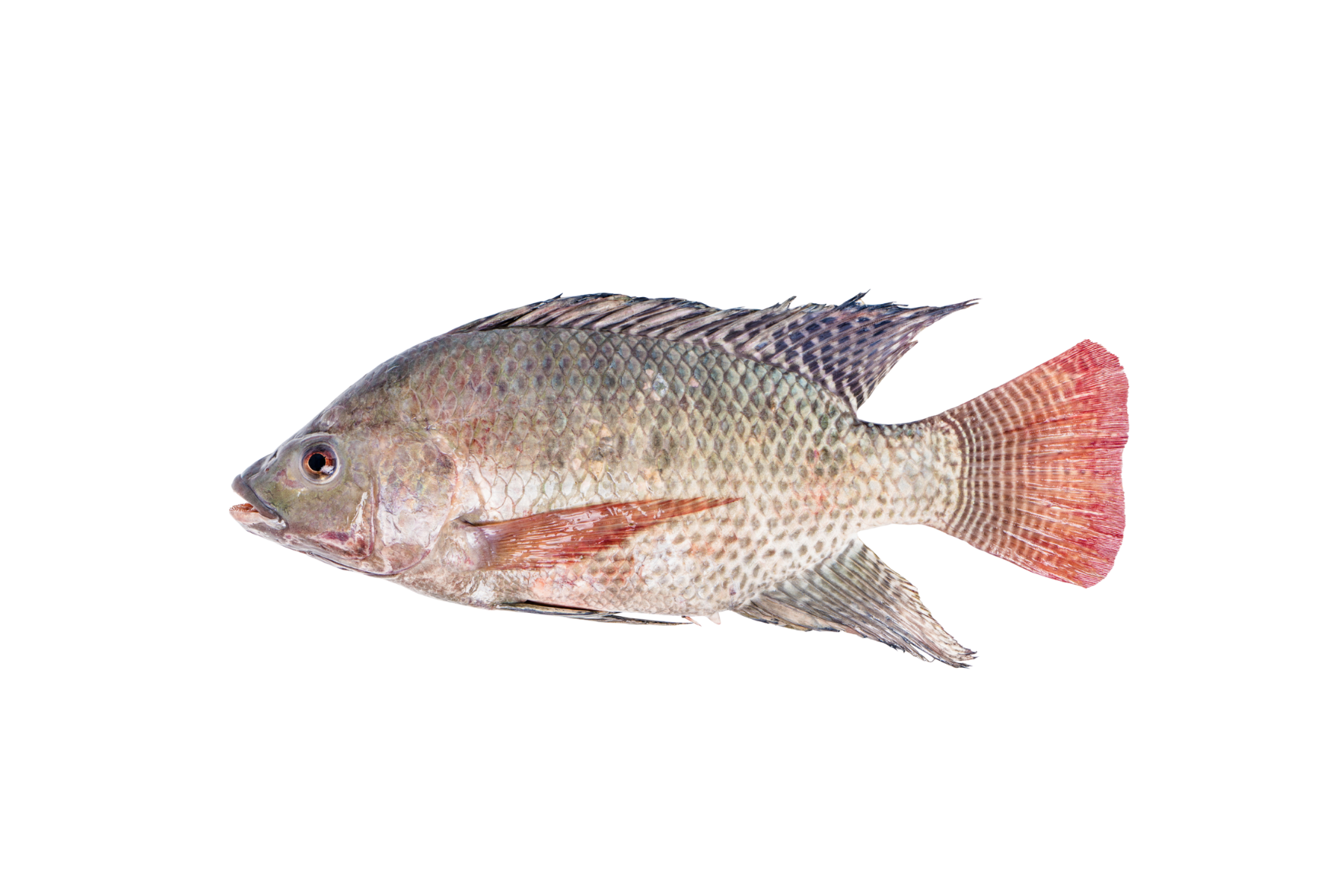Phylum
Chordata
Family
Cichlidae
Class
Actinopterygii
Genus
Oreochromis
Order
Cichliformes
Conservation Status
Least Concern (introduced widely)
Size
30-60 cm, 0.5-4 kg
Coloration
Silver-grey with dark vertical stripes
Adaptations
Mouthbrooding; hardy in varied conditions
Habitat
Freshwater rivers, lakes, ponds
Diet
Omnivorous
Algae, plankton, small fish
Geographic Range
Nile basin, Sub-Saharan Africa; introduced globally
Reproduction
Mouthbrooder; hundreds of eggs
Threats
Overfishing; invasive in some areas
Interesting Facts
Mouth Nurseries: Females protect eggs and fry in their mouths for weeks, spitting them out only when safe, a parenting trick that boosts survival in predator-heavy waters. This mouthbrooding has made them a dominant fish in African lakes.
Ancient Food: Depicted in Egyptian tomb art, Nile tilapia have fed humans for millennia, thriving in the Nile's fertile waters and now farmed worldwide, a testament to their enduring value. Their adaptability has turned them into a global aquaculture staple.
Best Places to Sight

Lake Victoria, Uganda/Kenya/Tanzania

Nile River, Egypt

Lake Malawi, Malawi
Best Time to Sight
May-November: Dry season improves fishing conditions for tilapia in Lake Malawi.
Sighting Tip
Hire local boats for nearshore fishing to catch tilapia.

